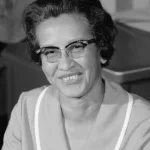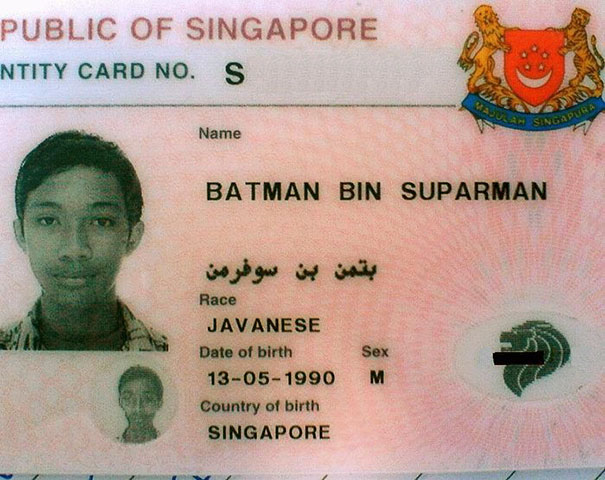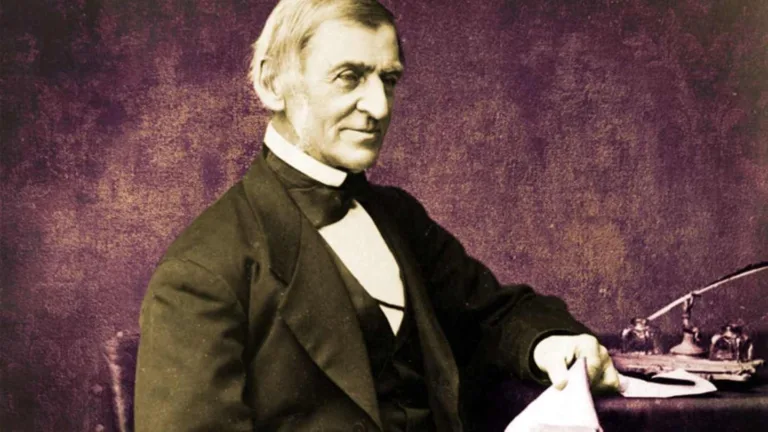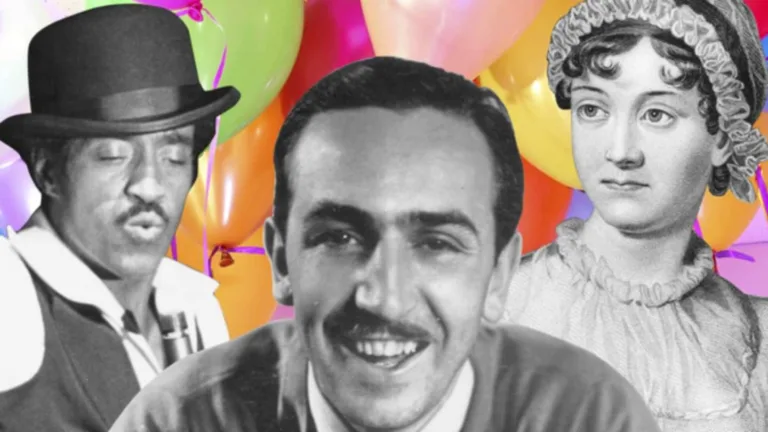The Civil Rights Movement was a tumultuous period in American history, marked by both incredible progress and Tragic Setbacks. At the heart of this movement were countless individuals who dedicated their lives to fighting for racial equality and justice. Among these figures, Two Stand Out: Martin Luther King Jr. and Malcolm X. Though they shared the common goal of dismantling segregation and achieving true equality for Black Americans, Their Approaches Differed Dramatically.
King’s philosophy centered around nonviolent resistance, inspired by Mahatma Gandhi. He believed in confronting injustice with love and dignity, urging his followers to meet hatred with forgiveness and violence with peaceful protest. Malcolm X, on the other hand, initially advocated for a more militant approach, believing that Black people had the right to defend themselves against oppression by any means necessary. This stark contrast in ideology often led to public disagreements and fueled debates within the movement itself.
Despite their differences, both King and Malcolm X left an indelible mark on American history. Their legacies continue to inspire generations of activists fighting for social justice and equality. Understanding their contrasting viewpoints provides valuable insight into the complexities of The Civil Rights Movement and its enduring impact on our society.
Contrasting Approaches to Civil Rights
Martin Luther King Jr.’s commitment to nonviolence was deeply rooted in his Christian faith and belief in the inherent goodness of humanity. He saw peaceful resistance as a powerful tool to expose the injustice of segregation and win over hearts and minds. His iconic “I Have A Dream” speech, delivered during the March on Washington for Jobs and Freedom, eloquently articulated his vision of a nation where people were judged by the content of their character, not the color of their skin. King’S Strategy Involved Mass Demonstrations, boycotts, and sit-ins, aimed at disrupting the status quo and putting pressure on the government To Pass Civil Rights Legislation.
Malcolm X, however, took a more confrontational approach, arguing that Black people had been oppressed for too long and deserved To Fight Back. He believed in self-defense and economic empowerment, urging Black communities to build their own institutions and businesses independent of White Control. While initially aligned with The Nation Of Islam, which preached Black separatism, Malcolm X later broadened his perspective, embracing a more inclusive vision of human rights and condemning all forms of oppression. His powerful rhetoric resonated with many who felt disillusioned by the slow pace of change and King’s emphasis on nonviolence.
These contrasting approaches reflected the deep divisions within The Civil Rights Movement itself. While some believed that peaceful protest was the only path to progress, others argued that it was necessary to be willing to fight for Their Rights. The debate between Martin Luther King Jr. and Malcolm X continues to shape discussions about social change and the role of activism today.
The Brief Encounter at a Senate Hearing
Despite their ideological differences, a brief moment of connection occurred between King and Malcolm X in 1964. Both men were called to testify at a Senate hearing on the Civil Rights Act. This landmark legislation aimed to outlaw discrimination based on race, color, religion, sex, or national origin. The hearing provided a platform for prominent figures from the movement to voice their concerns and advocate for Its Passage.
During this historic meeting, Malcolm X expressed his desire to become more actively involved in the broader Civil Rights Movement. He saw the potential for collaboration and acknowledged the importance of uniting different factions within the struggle for equality. While their conversation was brief, lasting only a few minutes, it represented a rare instance of these two influential leaders coming together on common ground.
Sadly, this brief encounter marked one of the few times that Malcolm X and King directly interacted. Their divergent paths continued to shape the course of the movement, leaving behind a legacy of both unity and division within the fight for civil rights.
 Black Female Scientists: Pioneering Women in NASAs Space Program
Black Female Scientists: Pioneering Women in NASAs Space ProgramMalcolm X’s Evolution and King’s Expanding Focus
In the years following their brief encounter, Malcolm X underwent a significant transformation in his thinking. He began to question some of the more separatist tenets of The Nation Of Islam and broadened his perspective on human rights, embracing a more inclusive vision that Transcended Racial Boundaries. This evolution led him to distance himself from The Nation Of Islam and eventually form his own organization, The Organization Of Afro-american Unity. He continued to advocate for Black empowerment but now emphasized international solidarity and self-determination for all oppressed people.
Meanwhile, Martin Luther King Jr.’s focus expanded beyond the fight for civil rights. He became increasingly vocal against poverty and war, linking these issues to the broader struggle for social justice. His famous “Beyond Vietnam” speech, delivered in 1967, condemned the war and its devastating impact on both Vietnamese and American people. King believed that true equality required addressing systemic issues like economic inequality and militarism, advocating for a more holistic approach To Social Change.
The divergent paths of Malcolm X and King highlight the complex nature of social movements and the constant evolution of ideas and strategies within them. Both men left behind enduring legacies that continue to inspire activists and Scholars Alike.
A Missed Opportunity for Collaboration
The tragic assassination of Malcolm X in 1965 cut short any potential for further collaboration between him and King. His death sent shockwaves through the movement and robbed the nation of a powerful voice advocating for racial justice. It’s impossible to say what might have transpired had they been able to continue their dialogue and work Together More Closely. Some historians speculate that their combined influence could have accelerated progress towards equality, bridging divides within the movement and galvanizing public support for social change.
The missed opportunity for collaboration between these two titans of The Civil Rights Movement serves as a poignant reminder of the fragility of life and the importance of fostering unity in the face of adversity. Their contrasting yet complementary approaches to activism continue to inspire generations of activists striving for a more just and equitable world.
Despite their differences, both King and Malcolm X shared a common goal: to dismantle systemic racism and create a society where all individuals are treated with dignity and respect. Their legacies remain intertwined, reminding us that the struggle for social justice is an ongoing process Requiring Continuous Dialogue, collaboration, and unwavering commitment to equality.
Legacy of Two Icons
The legacies of Martin Luther King Jr. and Malcolm X continue to shape the landscape of social justice movements around the world. King’s unwavering commitment to nonviolence and his powerful message of love and equality have inspired countless individuals to fight for peace and human rights. His “I Have a Dream” speech remains a timeless testament to the power of hope and the enduring dream of racial harmony.
Malcolm X, on the other hand, is remembered for his unapologetic advocacy for Black empowerment and self-determination. He challenged the status quo and demanded an end to systemic racism, inspiring generations of activists to fight for their rights and challenge oppression in all its forms. While King and Malcolm X differed in their approaches, their shared goal of achieving racial justice cemented their places as two of the most influential figures in American history. Their stories serve as a reminder that progress towards equality is often Achieved Through Diverse Voices, perspectives, and strategies.
Their legacies continue to inspire activists, scholars, and everyday people to strive for a more just and equitable world. They remind us that the fight for social change is an ongoing process that requires courage, compassion, and unwavering commitment to the pursuit of justice for all.










